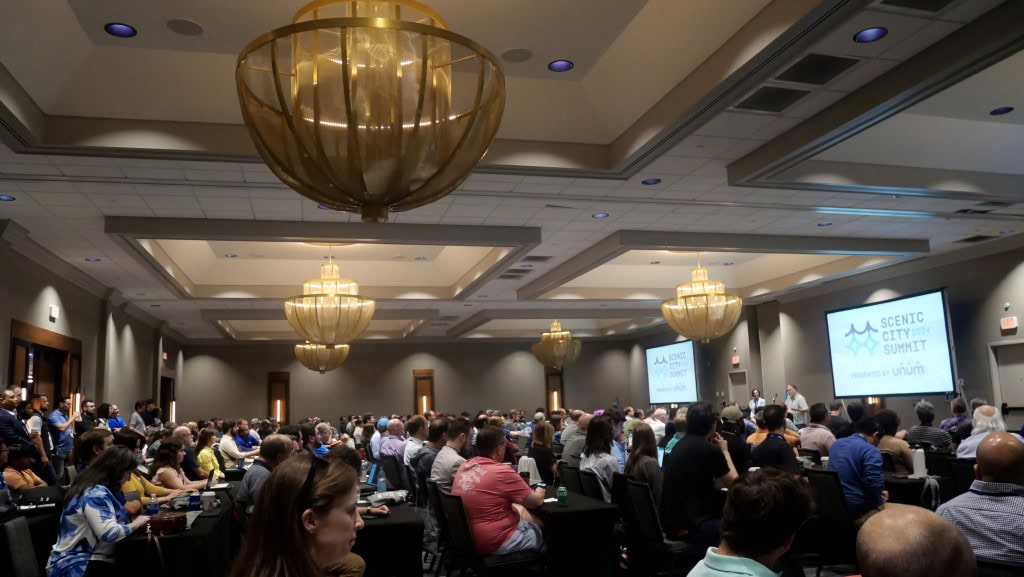Today’s topic pertains to 99.999% of all people, young, old, and all age ranges . I am also not talking about forgetting to pay a bill, backing up a database, or any task one can easily forget as we scurry through what feels like a million tasks each week. While memory loss can be a medical condition, forgetting things is a pretty normal thing for everyone. If you don’t have any other issues, some location-enabled tags and using your phone’s reminders can help you remember tasks you need to accomplish.
Is it a good or bad thing? What about for technology people?
Selective Memories
I want to discuss how our memories of the past may only loosely represent what actually happened. We all do it. Depending on whether you are a positive or negative-leaning person, people only remember what they want. Vacations we had as kids were either perfect or boring, holiday gifts were plentiful or terrible, and for me, every conference I have ever gone to has been pretty much perfect.
Our personal style of selective memory shapes our character and our likes and dislikes. Many people are nostalgic for the “way things used to be” because they forget all the negatives. All of this is great when it comes to non-essential things. We love places like Disney World or national parks because of our fond memories. Or we hate them profusely because we spent three hours in line to ride a two-minute attraction. And two people who were together ten years ago experiencing the same thing could have vastly different memories of the same experience.
Keeping up
However, pulling this into the technology realm, this kind of nostalgia can truly harm our line of reasoning when making software and architecture decisions. Suppose your experience with SQL Server was last using 6.5. In that case, you may have lingering memories of data corruption and poor performance that you had to deal with and have vowed never to return. In your heart, you have forgotten any positives and ignored all the increases the technology has made in 20 years. You may also have suppressed the memory of the terrible design that you were working with.
Maybe you worked on a project team using an “Agile” methodology, which was a colossal failure. Since then, as a project manager, you have proclaimed allegiance to the tried and true Waterfall Method. Your memories may be correct, but it may be that the people in charge just called it Agile when they really were doing something more akin to “Chaos.”
Of course, the opposite can be true; sometimes, our memories build up the past to extreme levels. I wish I could go back to the days of Visicalc or Lotus Notes. Who doesn’t want to return to those days when spreadsheets were easy to use.
I could keep going and discuss my fascination with how many DBAs I have met who still prefer a flip phone. Still, the point here is that if you are in technology, you must keep up and understand how tech changes and not let your memories cloud your current judgment.
Don’t Let The Past Cloud Future Judgment
Lastly, I do want to acknowledge here that there may be valid reasons to stick with your flip phone (security), there may be features in older software that you may want to still use, and your memories of any tool that failed you may still be valid. The point here is to make clear, up-to-date, based-on-facts choices and not let nostalgia rule your mind.
So feel free to never go to Universal Studios because there were long lines that time you were there on Jan. 1, but I would strongly suggest you keep up with changing technologies and techniques because they get better or worse…and you should strive to be a technical leader.






Load comments